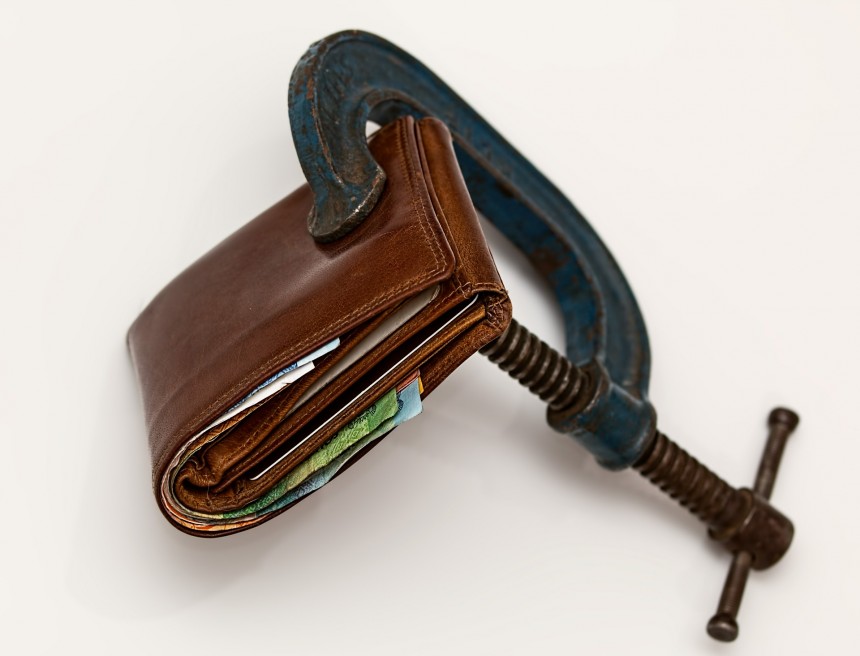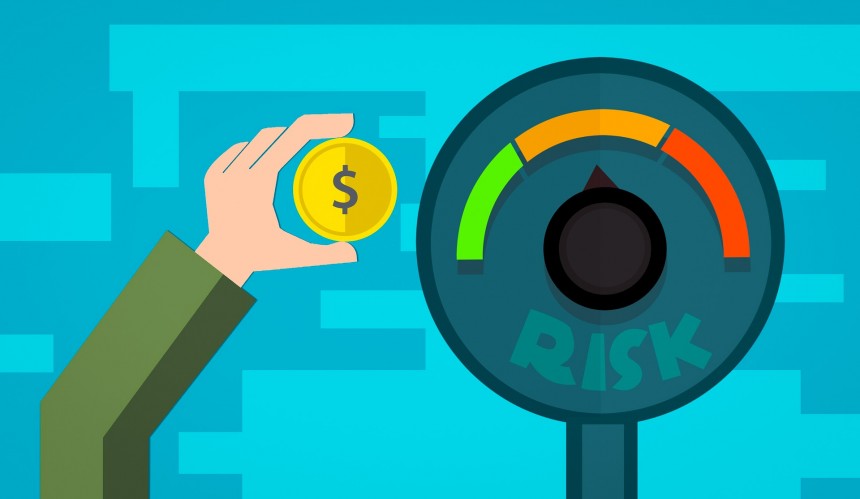
Protecting Your Personal Card Information From Fraudsters.
Protecting Your Personal Card Information From Fraudsters.
As we all know, credit cards are always a convenient, flexible and safe way of payment accepted in more than 300 countries worldwide. On the other side credit card, fraud can sometimes happen. Many banks all over Canada have taken significant ways to protect their customers from minimizing fraud as much as it can. Credit card information is often at risk for theft; keeping your credit card's information extra safe will save the day for you. Be on guard for the scammers who always try to trick you into giving you credit card details.
One should know what credit card fraud is; usually, credit card fraud happens in many different ways. A card could be stolen or lost and used in purchasing services or goods. A fraudster can get your card number and the expiry date and use the information to buy goods over the internet or phone. On the other hand, a criminal could interfere with the payment terminals at retailers to get a card's information and create a counterfeit credit card. There is dishonesty with some clerks or even waiters, who may take a photo of your card and use it to create an account or use to buy items.
Banks in Canada have taken the initiative to protect their customers. Credit card companies and banks take credit card fraud very seriously. Their security team is sophisticated and has fraud team experts always checking to monitor transactions, put customers under the protection and detect and prevent credit card fraud. The bank systems can see unusual activities in a customer's account and take a prevention step. Mastercards, Visa and American Express always have nil liability policies for unauthorized transactions. Customers are customarily protected when using credit cards issued by banks and are not responsible for their cards' fraudulent transactions.
In Canada, banks and credit card companies have embarrassed chip technology for credit and debit cards. The Canadians are accustomed to insert their cards into the payment terminals and punch in the personal identification number when purchasing instead of signing a receipt. Cryptography is the technology used in chip cards. This technology allows the store terminal and the card to communicate during the transaction and make security checks ensuring the card is valid. State of the art used in the microchip in the card technology has made it difficult for criminals to copy. The chip cards have lowered counterfeiting fraud in a higher percentage in Canada.
Some ways can be used to reduce credit card fraud, and one is always to keep your credit cards safe. The simplest way to prevent credit card fraud is by keeping your credit card safe from people you don't trust. Always put your credit cards in a wallet or purse closer to avoid snatch from you. When shopping in areas with high traffic, as ladies always carry a smaller bag, it will be harder for one to sneak into or steal. For both women and men carry the credit cards that you are using for the day. Do not expose your credit for a very long time. Fraudsters may take pictures. Always put your credit card away immediately after purchasing, and confirm you have your card in place after leaving the restaurant or store.
Make it a norm to shred everything and anything that has got your credit card number. Do not throw your billing statements into the trash, and the credit card billing statements always have your full card number printed on them. Shred your billing statement. This helps you to avoid dumpster drivers from getting your credit card number. This also happens to the cancelled or old credit cards. Going an extra step and putting shredded pieces in various trash bags to avoid thieves who can put them together.
Avoid signing blank credit cards receipt; before signing a credit card receipt, verify the amount. In a blank credit card receipt, always write 0 dollars in the spaces or draw through before putting your signature on the card. If you don't do that, the cashier might write in an amount and can send the purchase to your issuer of the credit card.
Credit card information is susceptible. You should always avoid giving it out. Give your credit information only on calls you initiate. That's not enough. When you call customer service, use the number that is at the back of the credit card. Usually, do not return calls to a phone number left on the answering machine or text message. The scammer might have gone a piece of fake news or fake number. Do not share your credit card number with any person who calls to request the number. The thieves are known to pose as issuers of credit cards and other businesses to trick one into giving out their credit card number.
Being online, always be safe with your credit card, do not click on any emails from people who look like your credit card company, bank or any other business who always use your personal information, even when the emails look legitimate. The links most of the time fish scams and scammers might want to trick you into entering your login information to their website, which is fake—this calls for you to go directly into login into your account. Using a credit card online calls for cautiousness; only enter your credit card information on secured websites. Taking extra steps will always help avoid credit card fraud. Don't be silent; the sooner your credit card goes missing, the better you can inform your issuer. The credit card issuer can always cancel your card and prevent fraudulent charges. Reporting lost credit card lowers the pay you will have to pay on any other fraudulent charges made with your credit card.
Reviewing your billing statement each month will do good for you. If you realize any charge you dint conduct, no matter how petty, you have to immediately report it to your credit card issuer. Your issuer will determine whether you close your account and get another account number to avoid credit card fraud.





